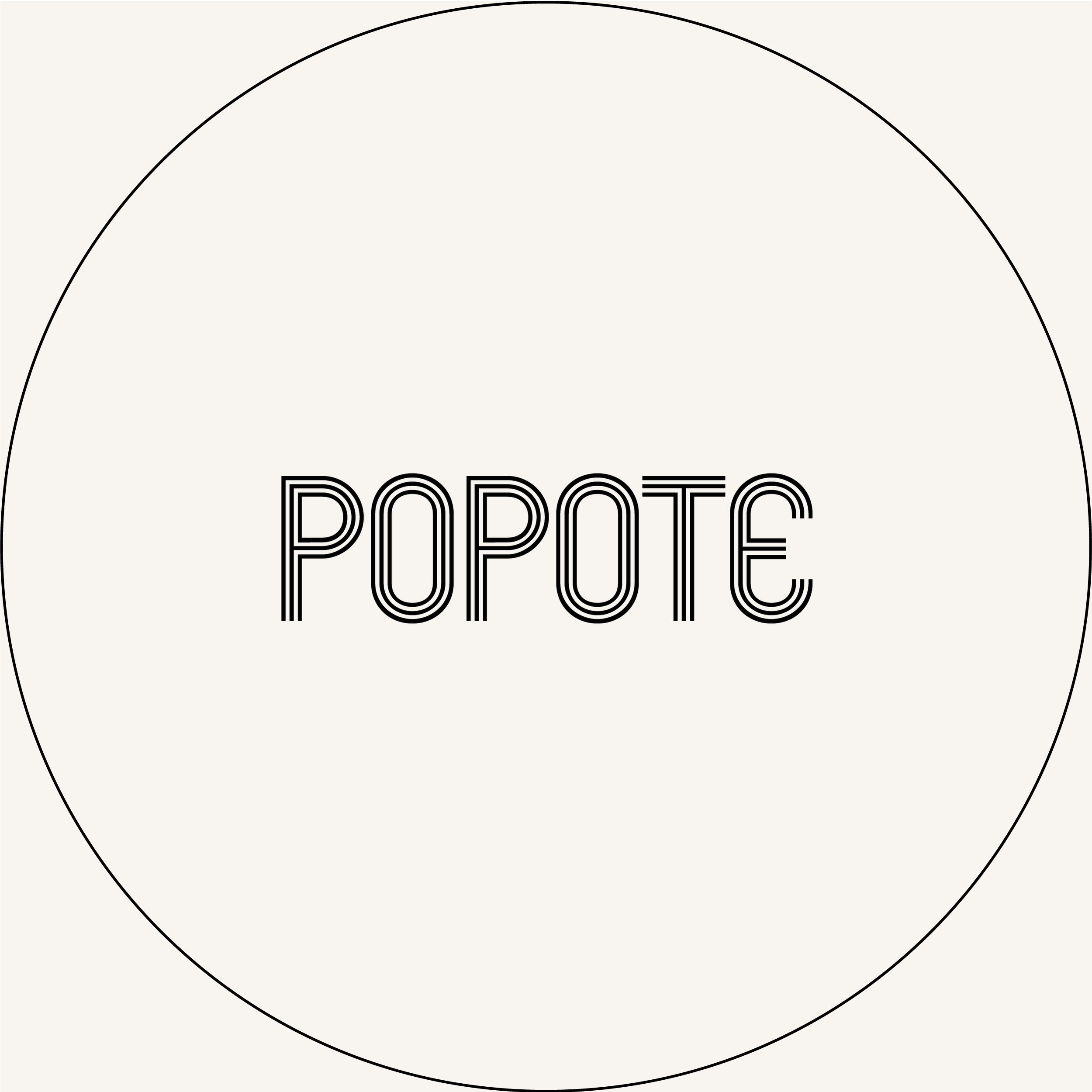
Mexicanismos
“¡No pedalees mi bicicleta!” Translated word for word this means “Don’t ride my bicycle!” but in México it means “Keep your hands off my man/woman!” and is Alicia’s favorite expression she learned in México.

“¡No pedalees mi bicicleta!” Translated word for word this means “Don’t ride my bicycle!” but in México it means “Keep your hands off my man/woman!” and is Alicia’s favorite expression she learned in México.



































